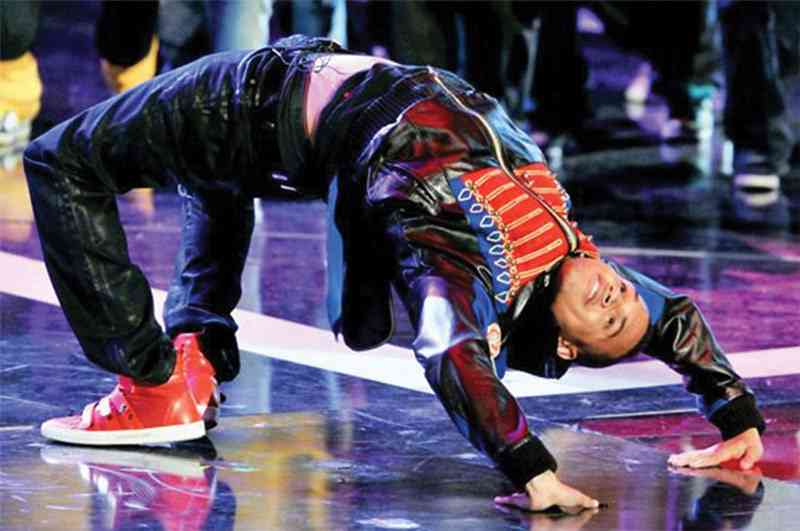
DANCE has become one of the most popular forms of self-expression and fitness in modern society. However, few people realise that dance can be an effective tool to combat drug abuse among teenagers.
Drug abuse among adolescents has become a significant concern for parents and health care providers alike.
Dance can be a powerful weapon in the fight against drug abuse, offering a safe and enjoyable way for teenagers to build self-esteem, develop positive peer relationships and engage in regular physical activity.
Drug abuse can lead to a wide range of negative physical and mental health effects on teenagers, including anxiety, depression, poor judgment, and even death. One of the key causes of drug abuse is lack of self-esteem and self-confidence, often resulting from poor body image or other personal issues.
Dance, on the other hand, can help boost self-esteem, improve body image, and provide a positive outlet for expression.
Moreover, dance can also help develop positive peer relationships. By participating in dance classes, teenagers can make new friends and engage with like-minded individuals while improving their physical and mental health.
Dance classes often encourage cooperation and teamwork, which can help develop important social skills, and provide opportunities for teenagers to practise leadership and communication.
Furthermore, regular participation in dance also promotes physical health, which can have a positive impact on both physical and mental health. Dance is a great workout, and can help adolescents develop healthy habits for the rest of their lives
- Mama’s peanut butter maker injects US$1,5m, lifts award
- Drug users amplify voice on drug decriminalisation
- Dembo’s music lives on
- ‘Holistic approach needed to tackle drug scourge’
Keep Reading
By increasing their physical activity levels, they can reduce the risk of obesity and other chronic diseases.
Dance can also reduce the risk of drug abuse by offering teenagers alternatives to risk-taking behaviours that often lead to drug use.
By providing a safe and healthy way to socialize, dance classes can help teenagers build self-esteem without needing to turn to drugs or other risky activities.
It is also important to note that dance therapy has been used to help individuals with substance abuse disorders, including teenagers.
Dance therapy is a form of psychotherapy that uses movement and dance to promote emotional, cognitive and physical health. It has been used to help individuals overcome substance abuse disorders and can also be used as a preventive measure for at-risk populations.
In conclusion, dance can be an effective tool in the fight against drug abuse by teenagers. By providing a safe and healthy outlet for self-expression, socialization, and physical activity, dance can boost self-esteem, develop positive peer relationships and provide a healthy alternative to risky behaviours that often lead to drug use.
Furthermore, dance therapy can be used as a treatment option for individuals with substance abuse disorders, or as a preventive measure for at-risk individuals. With its numerous benefits, dance can play an essential role in building healthier communities and preventing drug abuse in children and teens.
*Tinashe Chicu is an award-winning choreographer and dance coach from the Urban Art Culture Dance School. For more details on their Dancers against Drug Abuse programme for schools please contact 0772487227.










